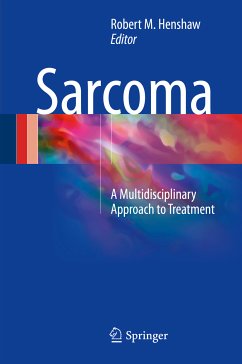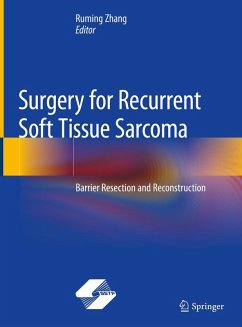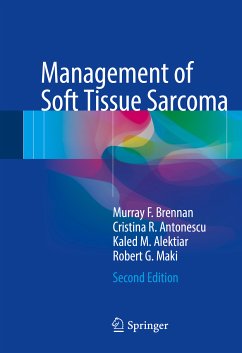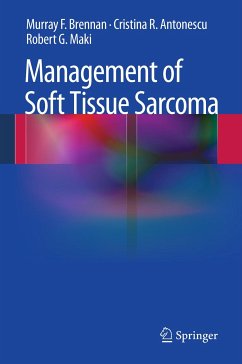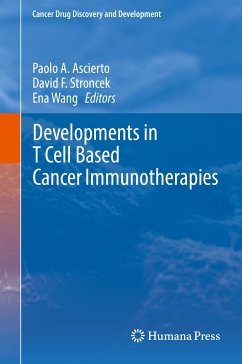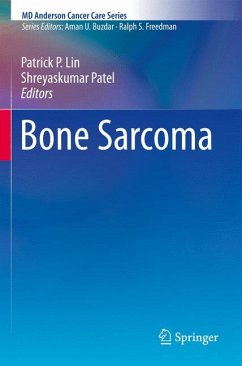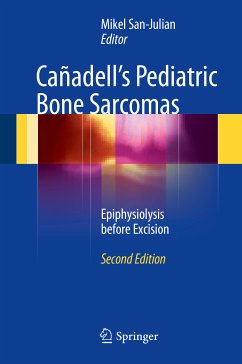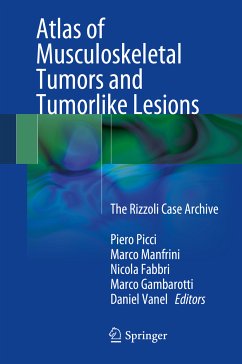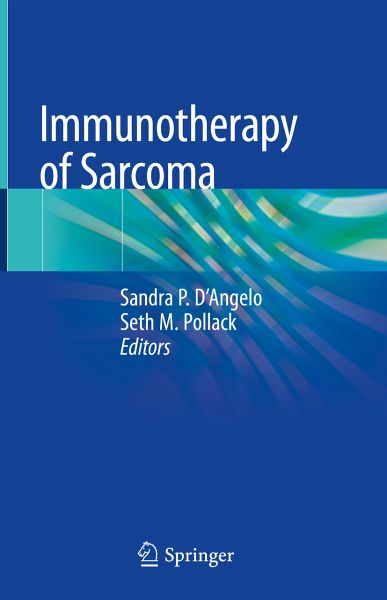
Immunotherapy of Sarcoma (eBook, PDF)
Versandkostenfrei!
Sofort per Download lieferbar
68,95 €
inkl. MwSt.
Weitere Ausgaben:

PAYBACK Punkte
34 °P sammeln!
This book describes recent progress in the development of immunotherapies for advanced sarcoma, paying special attention to the potential role of manipulations of the sarcoma tumor immune microenvironment in improving patient outcomes. Readers will find a thorough overview of the state of the art in tumor immunology and immunotherapy as they relate to sarcoma. Among the topics addressed are advances in vaccine therapy; cytokine therapies; natural killer cells; the development of adoptive T cell strategies; and the scope for use of checkpoint inhibitors in patients with sarcoma, mirroring the t...
This book describes recent progress in the development of immunotherapies for advanced sarcoma, paying special attention to the potential role of manipulations of the sarcoma tumor immune microenvironment in improving patient outcomes. Readers will find a thorough overview of the state of the art in tumor immunology and immunotherapy as they relate to sarcoma. Among the topics addressed are advances in vaccine therapy; cytokine therapies; natural killer cells; the development of adoptive T cell strategies; and the scope for use of checkpoint inhibitors in patients with sarcoma, mirroring the tremendous breakthroughs made in other malignancies. Detailed information is provided on laboratory and clinical research, with analysis of outcomes of recent trials and identification of key challenges. There is every reason to believe that more effective and less toxic therapies for metastatic sarcoma can be attained by deepening our understanding of cancer immunology and building on the advances in immunotherapy for other solid tumors. In this context, Immunotherapy of Sarcoma will be of high interest for all medical oncologists responsible for the treatment of sarcoma patients.
Dieser Download kann aus rechtlichen Gründen nur mit Rechnungsadresse in A, B, BG, CY, CZ, D, DK, EW, E, FIN, F, GR, HR, H, IRL, I, LT, L, LR, M, NL, PL, P, R, S, SLO, SK ausgeliefert werden.



